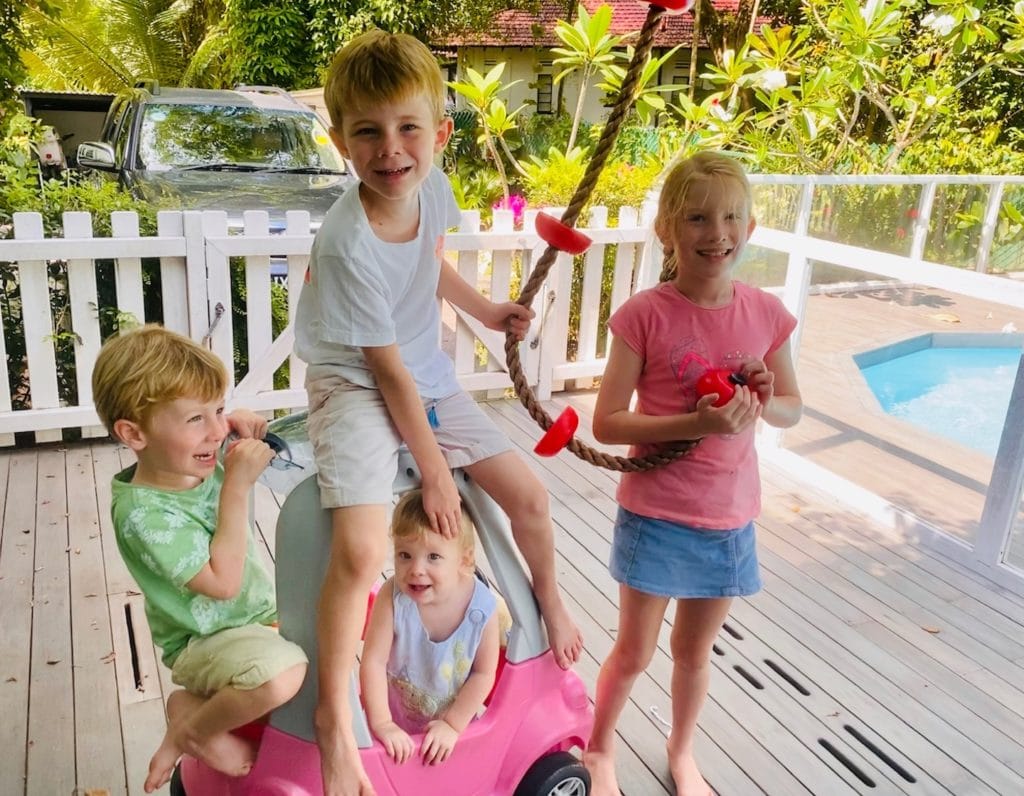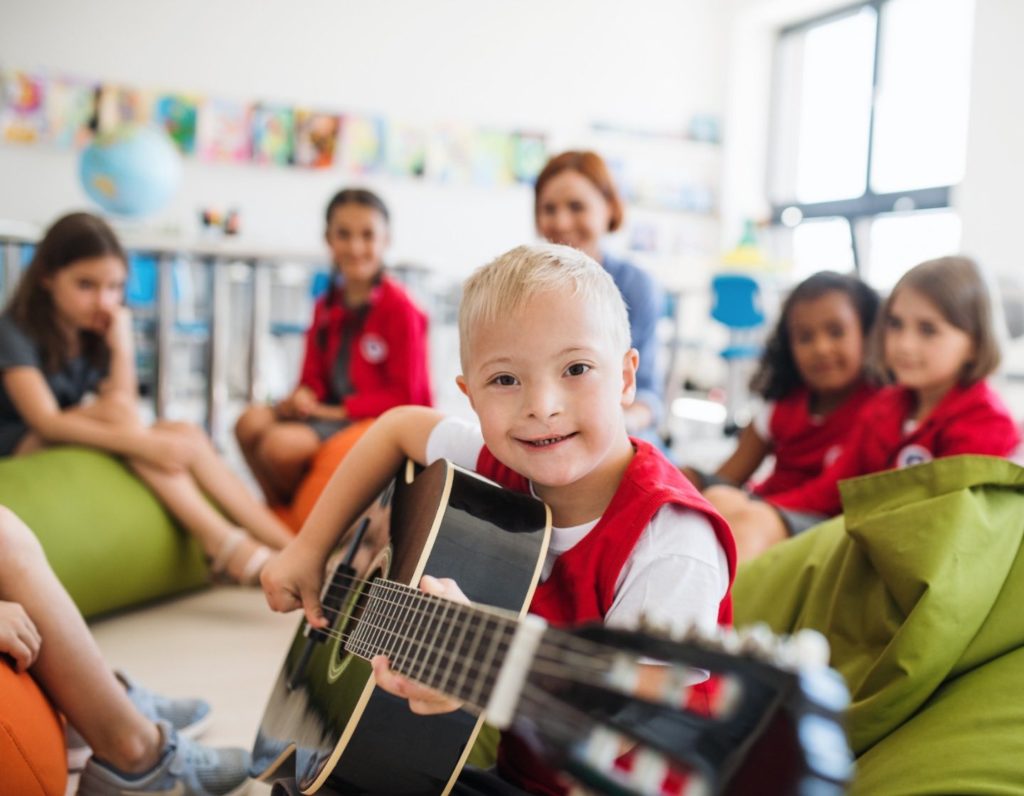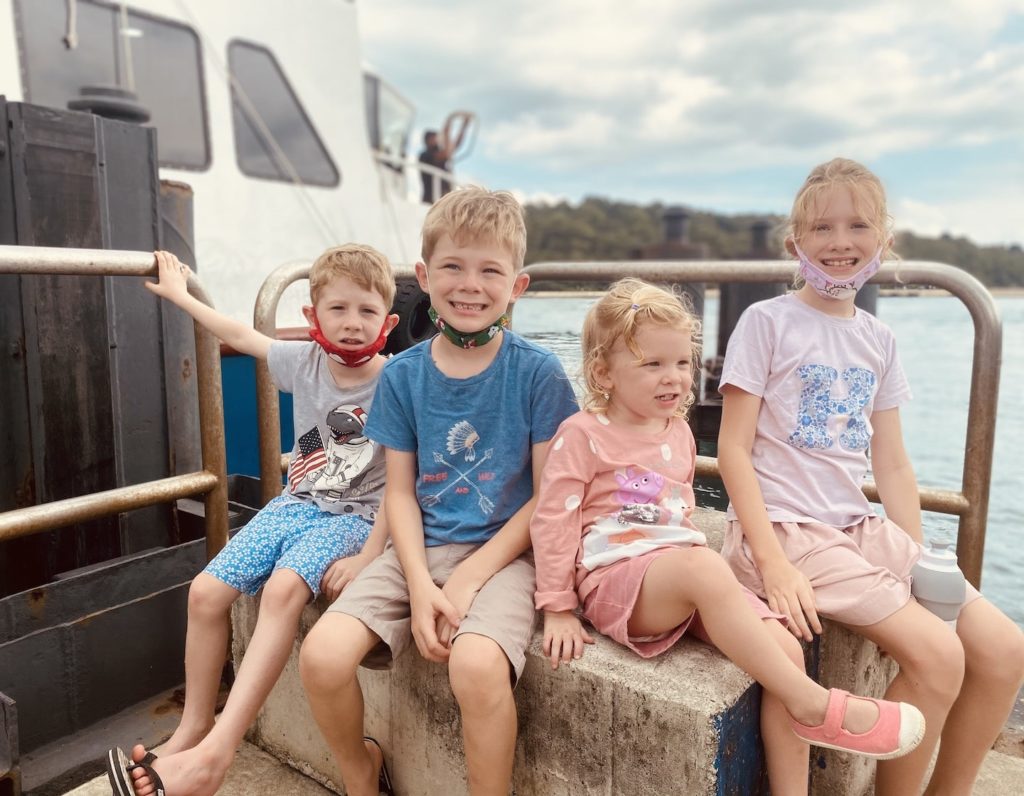

Differently wired kids – to label or not to label? One mama (and school counsellor) who has an autistic child discusses labelling, the diagnosis, acceptance and ‘picking a lane’ or treatment
Although I was pretty sure as I walked into the Behavioural Paediatrician’s office, that Hetty had autism, I couldn’t say that ‘A’ word out loud. I couldn’t reconcile the word. We had mulled over the whys and wherefores of seeking a name for her, by now, very off-beam behaviours and quirks but, in truth, I wasn’t ready to hear it. Some parents may be averse to the labelling because they are concerned about the implication of the label or diagnosis defining who that child is or may become. Whereas other parents may think that it gives a greater understanding of how to work with the child. There is obviously no right or wrong way and we need to be respectful of those choices but where problems can lie is when a parent is fumbling around in the dark, unclear about where to turn, spiralling in free-fall. Finding the trust to share your story or accepting a kind gesture from someone to listen can be integral to finding that sense of acceptance more quickly. Another person’s empathy and compassion shows unconditional positive regard for the situation and mediates those feelings of difference.
On a basic human level, we innately seek ‘sameness’ and we tend to identify and surround ourselves with things that feel familiar and safe. This is why we often seek out friends who perhaps share common interests and that bring out the best in us. When we become pregnant we have already formed a basic rule book about what our expectations may be for our child. We may have read up on the milestones and developmental stages which formulates a sense of what is typically expected. If it is coupled with our subconscious inevitably moving into the future and its lovely hopes and dreams this contributes to a connection with our baby’s journey. However, when a child arrives who doesn’t quite fit with all of these aspirations, many parents will feel shock and grief for all of those ‘lost’ plans and dreams. Some parents may be unaccepting of these emotions because they feel shameful to feel this way about their child and this can be a very painful place to be. Certainly, all my assumptions for Hetty’s education, her friends, her activities, her adaptability and sociability floated by one by one, out of sight. My metaphorical leather-bound rule-book of parenting, etched in respectable codes of conduct, was being torn up before my eyes and a messy chaotic scrap book was being proffered in its place. There was a reason, a diagnosis and a scientific tome of research to support the rationale behind Hetty’s traits and presenting issues, however, where was the formula or the magic drug? We were locked in one of those ‘choose an ending’ novels, picking an unfamiliar path at the end of each chapter. Our story didn’t seem to feature stock characters and happily ever afters, rather there seemed only crisis and conflict with no natural resolution. The future to me looked like a black hole of lost opportunities and many shelves full of consolation prizes.
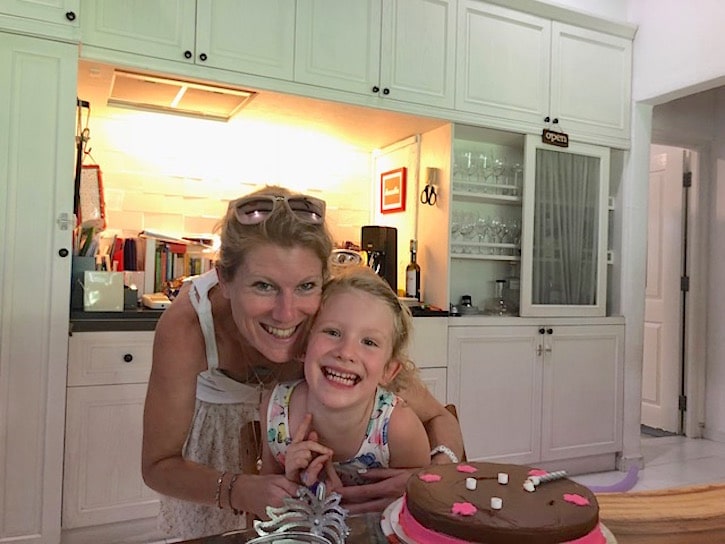

Treatment plan
Part of the reticence of getting a diagnosis is also the fear that the Doctors are immediately going to throw the child on to medication. There are several tiers to this common narrative and it starts with the reminder that you are the expert of your child and you have to trust yourself first to make the right decisions before you can take on anybody’s else’s. If medicine is recommended then it is up to you to do the necessary to decide whether this is a path you want to pursue. Many challenges with attention often go hand in hand with ADHD and ASD and other comorbid behavioural and learning challenges and we need to remember that these are brain-based issues. As we know, the brain is highly responsive to environment, sensory stimuli, social situations and also emotional cues, so we need to delve into how and why a certain brain works the way it does in response to these triggers. Only then do we have the information we need about how best to support it so that it can work in the most efficient way. Whichever therapy you use be it meditation, mindfulness, nutrition, sleep, exercise, play or brain training exercises, the intention is to watch and learn how the brain responders are working and what information is provided through the reactions, emotions and behaviours of your child. If you can take a little time working out which tool does what in your tool box and understand the diagnosis or the presenting issues, then you can begin to make the decisions as they are ready to be made. This may be through trial and error: you may start with medication and then come off medication, because medication is a possible tool in your box. It may come through the feedback that your child gives you behaviourally because we know now that every behaviour is a form of communication, or if your child is a little older, it may come through your child openly coming to you and asking you for more help with their challenges. The point is that you have to pick your lane and focus on that for a little while until you see the change, be it positive or negative, it is still important information. Knowing what you have available and when you are able to use it can be very empowering.
Therapy Intervention
Knowing the difference between awareness and acceptance of neurodivergence is crucial when picking a school, therapy or intervention for your child. First, you need to ask yourself what the intention is behind placing a child in a particular programme or academic institution. If the intention is because you wish for them to ‘fit in’ better or to normalise their behaviour then you might not find that your child follows that intention. However, if a school or centre rightly supports this intention with a willingness to accept the ‘whole’ child, this could still serve them very well.
What I observe now in myself, and I am sure I am not alone, is that we can become disconnected from our intuitive voice as parents. When we were looking for our first play school for Hetty, I just didn’t know what I was looking for. I felt so disconnected from her as a daughter and a child as she was just so different, different from other children, and different from me and I felt inadequate and disempowered and I didn’t know how to parent her let alone what would be best for her learning. What I needed was to trust my instincts and tune into her as an individual but I was as much out of sync as she was; I needed some grounding. So initially we relied heavily on the recommendations from the professionals and we got some really good advice. However, there is no one size fits all and just because one therapy is right for one child, it doesn’t necessarily mean that it is right for all. Similarly, when researching, seeking advice or receiving treatment, always make sure that your intuitive voice is the loudest in the room because that is all part of picking the right lane.
Initially, we enrolled Hetty in a well-revered little school which was a ‘school readiness’, play-based school focusing on regulation. On paper it was perfect for her but she howled every time she went in: kicked and scratched and clawed. She was flooded by the will to escape because within the playful approach, the expectations were based on compliance. She couldn’t engage with the activities, not because she wasn’t capable of them, but because she was dysregulated by the expectation to comply. She was aware that she had expectations to meet that she couldn’t fulfil, so she avoided in every way her little body and mind could muster. We hoped that this confused little girl would adapt and would cope like everyone else in time and this is what we should do to help her survive in the world. In doing this we had completely shut her down, we were unavailable to her needs and we hadn’t explored the many strengths that she was born with which weren’t being showcased in that moment. We eventually took her out of that therapy, shifted our gears and headed into the slow lane.
Of course, we want our children to get along in the world and survive independently. However, for parents with complex children this can be driven from a place of fear. When there is fear the decisions made in the moment can reflect this biggest concern. These may be mirrored in the reactions from our children and the likely result is the fight, flight or freeze reflex being enabled. So, we changed from compliance therapies to more supportive therapies and we focused on Occupational therapy, speech therapy and had a one-on-one therapist who came into our home who helped us connect the dots. She chaperoned Hetty through many life experiences like going to the MRT and walking her through the busy train platforms with the bleeps, buzzes and revs of the engine. She took her into public toilets and acclimatised her to the fluorescent lighting and noisy hand-driers. This simple but integral assistance empowered the whole family unit to join together. We all learnt to tune into the environment and actively notice the sights, sounds and smells and mediate them with intention so that we could all participate. Once she was regulated enough she started to talk, she smiled and laughed and the light came back into her eyes and she started to learn.
For any parent, that intuition is already there and it is a primal innate ability that we are born with but we can be disconnected from it due to extenuating factors but it doesn’t really go away and there are many signs in our bodies that let us know whether something feels good or not. Whilst we may have a child who is not speaking or verbally communicating, they are not non-communicative because they give us messages through their body language, behaviours and affect. We need to try and look more inwards and prioritise connection with our children and that will look differently for every single family. Once we have that trust, connection and safety they will begin to show us more of who they are the and that muscle of intuition is strengthened with the connection that we have with our children. You may not have all the answers but your child does and you will become fluent in your child if you listen, watch and wait. This does take time.
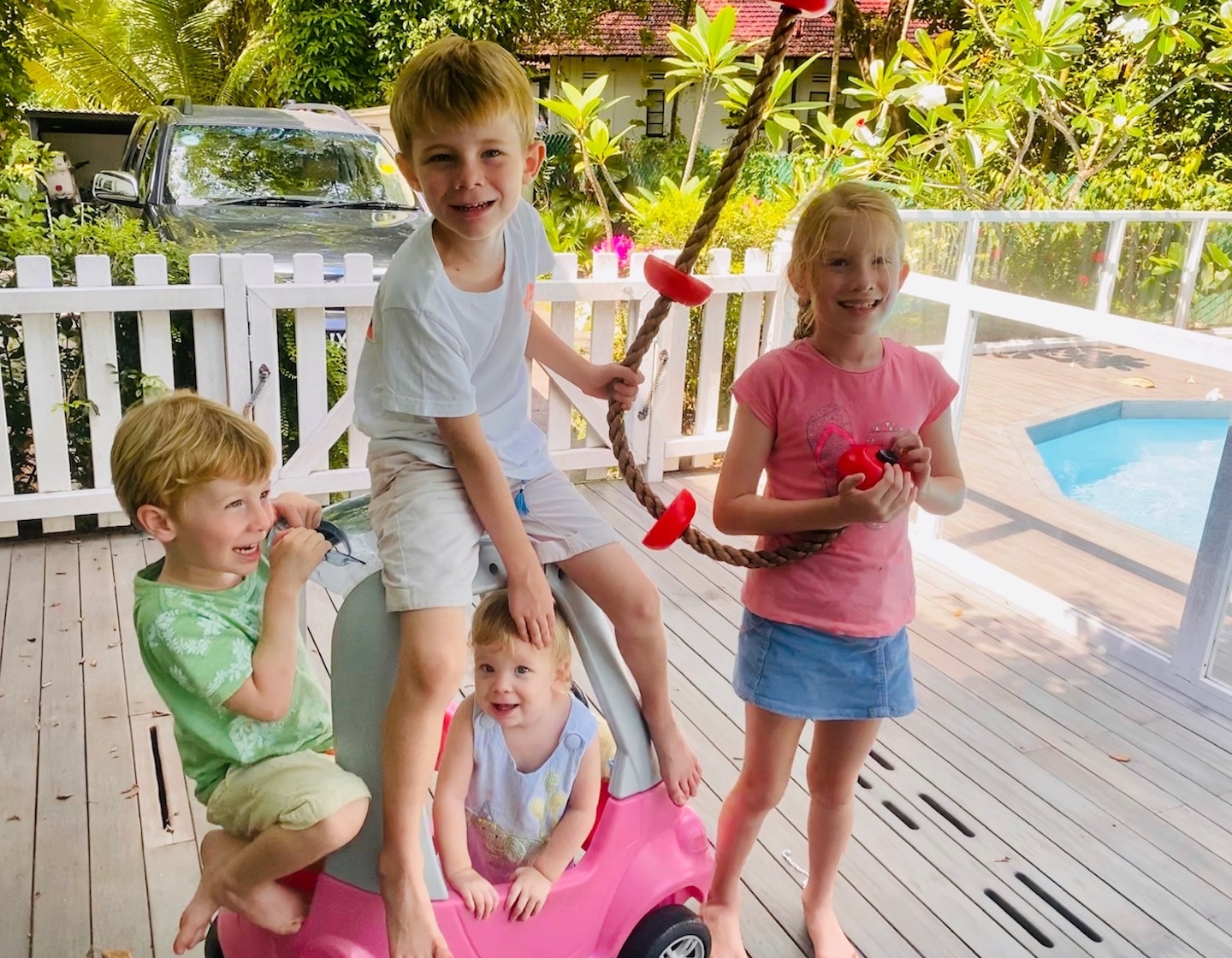

Rupture and Repair
It is also never too late to make these changes. There should be no blame but we as parents are pre-programmed to feel guilt and focus on where we may have gone wrong because we are humans and we want to get it right. When we have a child who has a new diagnosis, it is such a new experience that we would rather put our trust and faith in the experts because they know better and won’t get it wrong. However, those feelings of hurt, regret and guilt can be a positive start in our path to self-reflection. Where there is self-reflection there is an intention to make things better and smooth the ruptures and make something positive some out of it. This is the beauty of being a human being because we all have an innate resilience and part of that strength is knowing when to own your actions and channel the big emotions into something affirming.
These critical narratives flash in and out of our days all the time: after a cross word to a loved one, after criticising a friend, after an impatient conversation with a taxi driver. By practicing harnessing our kinder voices during more shameful periods we are able to put two fingers up to what Julia Samuels (Author of “This Too Shall Pass”) describes as our inner “shitty committee”. One way to navigate this is through active apologies. I am not talking about the insincere sorries that we bandy about when we bump into someone or before we want to speak but a sincere and active apology. This may come through a validation of your child’s emotional reaction, for example, “I am sorry that Mummy/Daddy didn’t listen to you when you were crying…” or “I am so sorry that I got angry with you and shouted a little loudly.”
For children to see their parents modelling a far from perfect but authentic attitude to mistakes, it brings an emotional literacy that will equip them for their own life’s ruptures with a greater compassion for themselves.






 View All
View All





 View All
View All








 View All
View All



